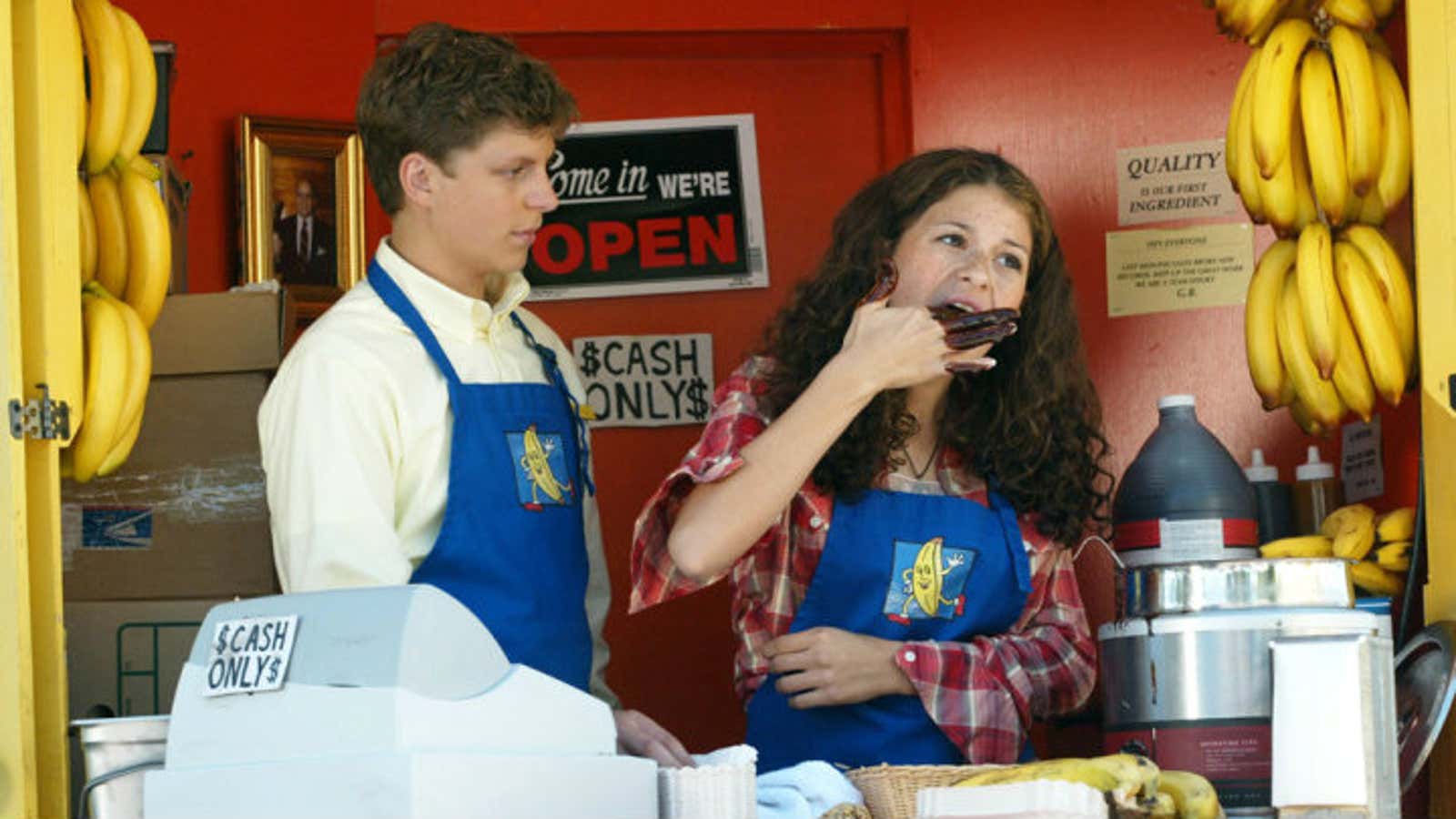In my late teens, I developed skills that have served me invaluably as an employee and an economist.
I had complete confidence that I could move just about anywhere, find a job, a place to live, support myself, and save money for college. One summer, I lived in an Alaskan fishing village where I worked a variety of odd jobs: I washed dishes, drove a bar shuttle van, made cappuccino (with no running water), and sold incense—and quickly became part of the local community. A friend who still lives near there says it’s different now. If students come to the village they are segregating from the community, do university sponsored programs, and don’t work.
Much of my confidence stemmed from the fact I worked every summer during high school. Those summer jobs not only made me feel like I had the ability to support myself and be independent but also laid the foundations for how I behave in any job. I had to be accountable, complete unpleasant tasks, listen to my boss, and connect with coworkers who spanned a wide range of skills and backgrounds.
In the US, kids today don’t work summer jobs in high school or college—not unless they have to. According to Census data from the ’70s, ’80s, and early ’90s, around 55% of 16-to 19- year-olds were employed each July; in 2014 fewer than 35% were. Even college-aged Americans are much less likely to work. To be sure, the recession contributed to young peoples’ non-employment. But the trends pre-date the recession and, despite some increase, persist into the recovery.
Today, there’s more pressure to gain an edge in the brutal college admissions process and job market through enrichment activities: volunteering, summer school, and unpaid internships, which don’t count as official employment. The BLS observed a steady increase of young people staying in school during the summer and speculates internships and volunteering may be occupying teens now instead of summer jobs.
While many young people aren’t looking for a summer job as a waiter or fry cook, it’s no longer available to those who are. According to Census data in 1992 the median age of a food service workers was 26 and only 21.5% were older than 40, last year the median age was 28 and about 27% were over 40.
This shift may have a long term impact on work. Every generation entering the work force is accused of lacking work ethic or respect for senior employees. But the soft-skills many millenials supposedly don’t have may be absent because their first job out of college is their first job ever. They missed out on the humbling experience of grunt work earlier generations had in college and high school.
Fewer teenagers working could result in a more stratified society where educated people never work low skills jobs or interact with different types of workers as peers, let alone as their boss. For all the pressure parents and students feel to do enrichment activities to enhance their skills, working a summer job may impart something more valuable. Economists like Larry Katz and David Deming argue the winners in the digital economy, who can never be outsourced, will be people who can combine good social and technological skills. Good social skills aren’t just about getting along with your boss or peers, it is communicating and connecting with people of all skills levels and backgrounds.
